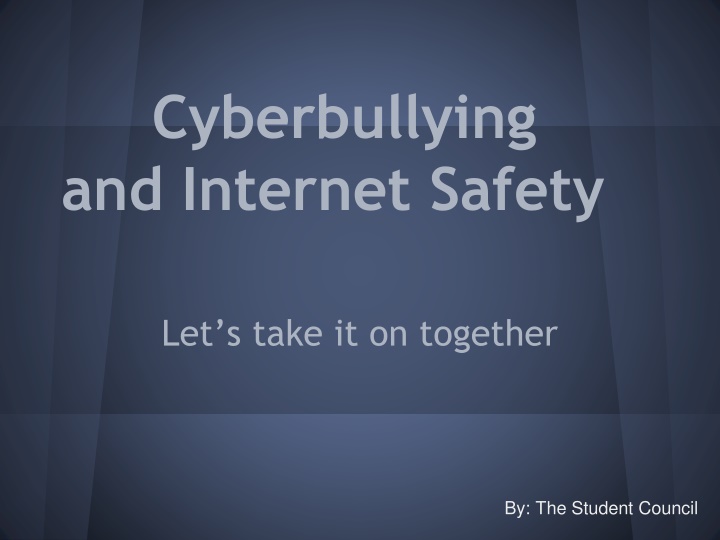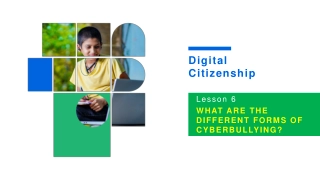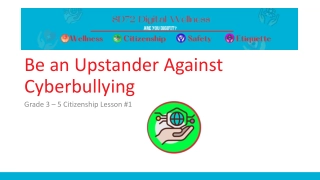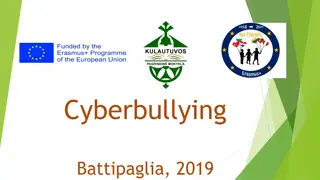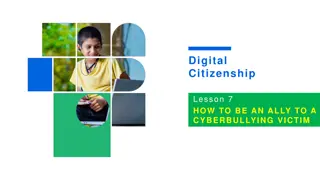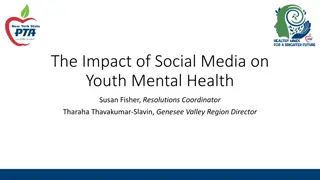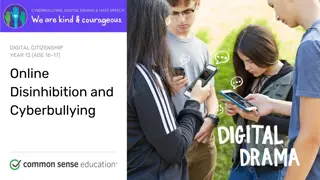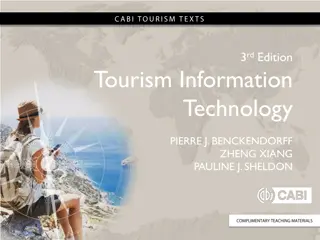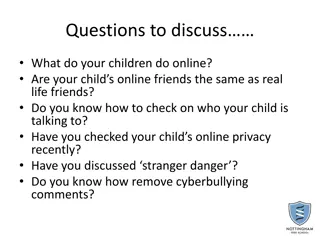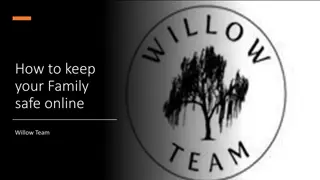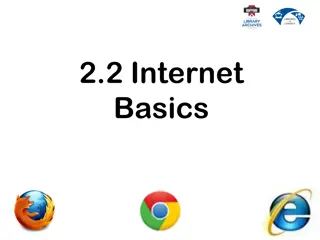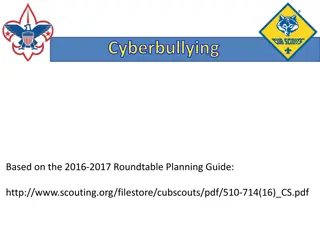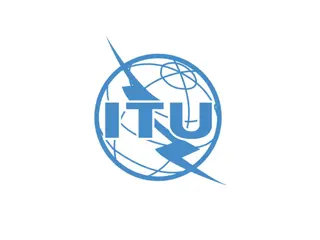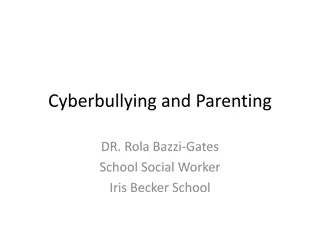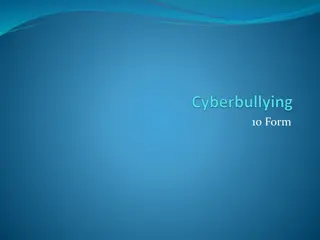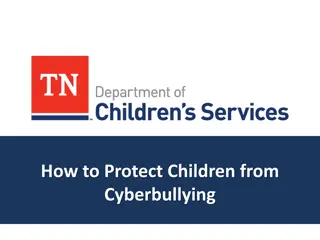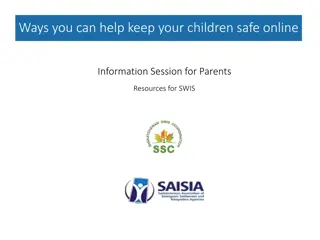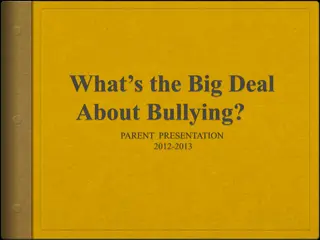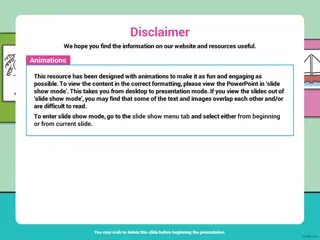Combating Cyberbullying: A Guide to Internet Safety
This comprehensive guide, presented by The Student Council, sheds light on the prevalence of cyberbullying, emphasizing the need for vigilance on platforms like social media and online gaming. It provides practical tips on how to handle cyberbullying incidents, urging individuals to act early, protect their digital footprint, and reach out to trusted individuals for support. Furthermore, it lists various resources available to those affected by cyberbullying, stressing the importance of seeking help and taking proactive measures to stay safe online.
Download Presentation

Please find below an Image/Link to download the presentation.
The content on the website is provided AS IS for your information and personal use only. It may not be sold, licensed, or shared on other websites without obtaining consent from the author.If you encounter any issues during the download, it is possible that the publisher has removed the file from their server.
You are allowed to download the files provided on this website for personal or commercial use, subject to the condition that they are used lawfully. All files are the property of their respective owners.
The content on the website is provided AS IS for your information and personal use only. It may not be sold, licensed, or shared on other websites without obtaining consent from the author.
E N D
Presentation Transcript
Cyberbullying and Internet Safety Let s take it on together By: The Student Council
What is cyberbullying? The use of communication technologies such as - text messages . - social networking site. - mobile phones. to support hurtful, repeated actions that are done on purpose online.
Nearly 47% of young people have been bullied online before. 70% of students report seeing frequent bullying online. 81% of young people think bullying is easier to get away with online than in person. Only 1 in 10 victims will inform a parent or trusted adult of their abuse. Girls are about twice as likely as boys to be victims and commit cyber bullying. About 58% of young people admit someone has said hurtful things to them online.
Where To be careful Social Media: Snapchat, Facebook, Messenger, Instagram, Musicly, Twitter Online Gaming: Steam, PSN, XBox, Online phone games General internet sites including Youtube
What could you do? Don't reply to people who harass or annoy you. Be careful who you add as 'friends'. Save the messages as evidence. Block the sender or change your privacy settings.
Act early, don't let problems develop. Make your own decisions - be aware of peer pressure. Tell someone you trust. Beware of your cyber footprint. -Everything you do online, stays online
Who do you go to? Friends and Family Tutor Teacher Year head-Mr Crawley Counsellor- Ms O Regan Chaplain - Mr McGroarty Other counsellors - Ms Clince, Mr Keane, Mr Brady Principal or deputy principals your pathway to support
Are there any other supports? www.childline.ie or call 1800-666666 in confidence www.webwise.ie www.bully4u.ie dublin15@jigsaw.ie www.reachout.com www.internetsafety.ie www.barnardos.ie www.watchyourspace.ie
